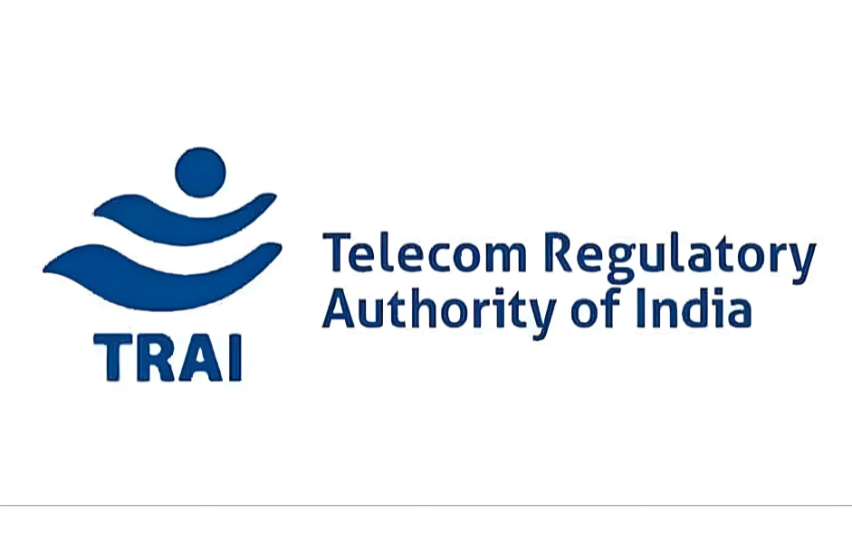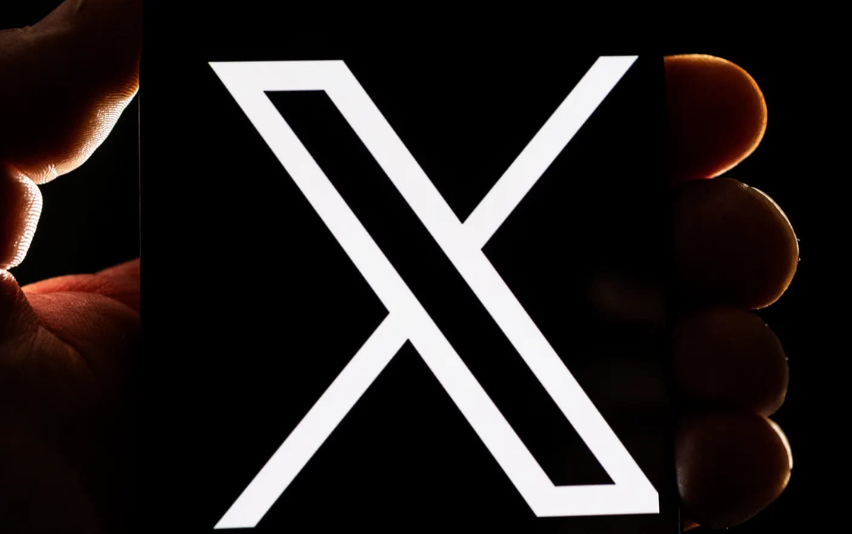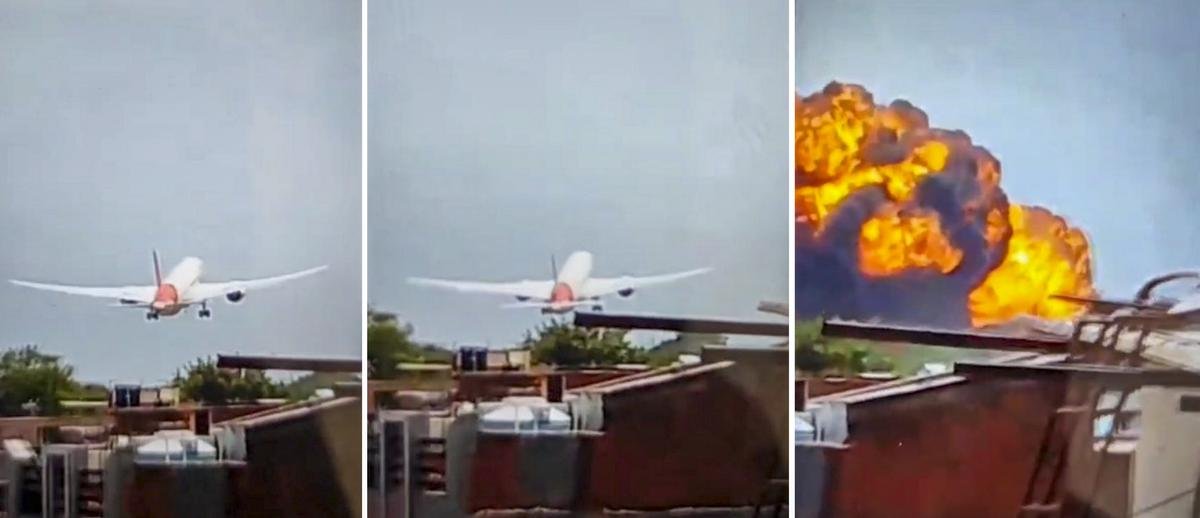Under the new regulation, annual audits will now be based on the financial year (April 1 – March 31), rather than the previous calendar year cycle. Every distributor must get their technical systems—subscriber management, conditional access, and digital rights management—audited according to this new schedule. The audit report for the prior financial year needs to be submitted to all partnered broadcasters by September 30 each year. This brings regulatory requirements in sync with usual business accounting, simplifying planning for operators of all sizes.
Big Relief for Small Operators
Smaller TV distributors (those serving up to 30,000 subscribers) gain significant benefit: they are no longer required to conduct an annual audit unless a broadcaster specifically requests one and provides a valid reason. This helps ease administrative costs and allows such companies to focus on growing their service and looking after their customers. However, broadcasters can still request an audit for these smaller platforms if there are specific compliance concerns.
Who Can Audit? Clearer Rules for Oversight
Only TRAI-approved, independent auditors (or Broadcast Engineering Consultants India Limited) are allowed to carry out these technical audits. Distributors must provide at least 30 days’ notice to all broadcasters about their audit schedule and the appointed auditor, giving all parties a chance to prepare and participate. This ensures the surveillance process stays unbiased and efficient.
Audit Disputes: Step-by-Step Redressal
If a broadcaster feels there are gaps, fraud, or errors in a distributor’s audit report, the rules now include a clearly defined dispute process. The broadcaster must point out specific objections with evidence within 30 days of receiving the report. The auditor then has another 30 days to resolve the issues and revise the findings if necessary. If disputes remain, TRAI can step in and authorize a special audit at the broadcaster’s cost, guaranteeing fair and unbiased resolution for all parties.
Penalties for Missing Deadlines
If a distributor misses the September 30 deadline for submitting their audit report, broadcasters are allowed to hire their own auditor (once a year, at their own cost) to carry out an independent system check. Distributors who are late or fail compliance can face strict deadlines and even financial penalties—up to ₹1,000 per day for the first 30 days, and ₹2,000 per day after that (with an annual penalty cap). Consistent non-compliance could eventually lead to a broadcaster disconnecting its channels, but not without three weeks’ advance notice.
Shared Infrastructure: New Clarity for Modern Networks
Many modern TV distributors use shared technical systems (like Subscriber Management Systems and Conditional Access) rather than running everything independently. The new TRAI rules say that in shared setups, every distributor must keep their data separate so that audits can be verified easily and subscriber reporting remains accurate. For consumers, TRAI mandates that only two logos (the broadcaster’s and last-mile distributor’s) should ever appear on-screen to avoid clutter.
Why These Changes Matter
TRAI’s new compliance structure is designed to make things more transparent and business-friendly for small operators, while protecting the interests of larger broadcasters and subscribers. Shifting to a financial-year cycle, reducing the audit load for small operators, and bringing in clearer redressal for disputes will cut costs and confusion for all, yet keep strong oversight in place to prevent under-reporting or fraud.
Summary:
- TV audit cycles now run with the financial year.
- Small distributors with under 30,000 subscribers are exempt from mandatory yearly audits unless flagged for review.
- Strict deadlines, well-defined penalties, and a clear process for managing audit disputes benefit everyone in the sector.
- Shared technical resources require separate subscriber records and clear on-screen branding for a better customer experience.
This content is written for clarity and value, not copied from any single source, and keeps the reader fully informed about every key aspect of the 2025 TRAI audit reforms.













